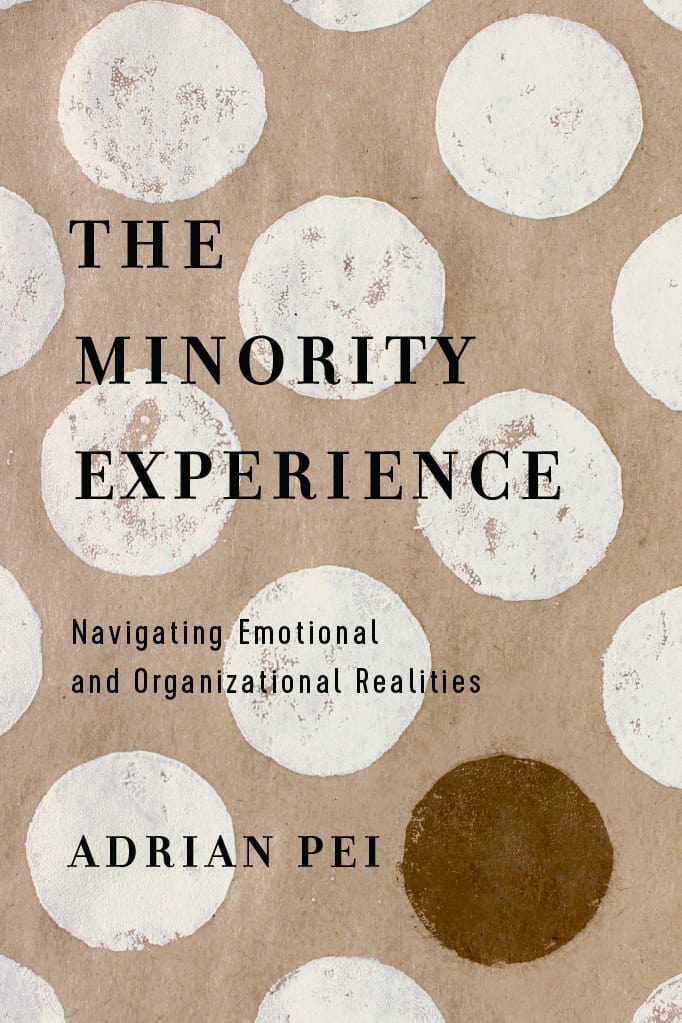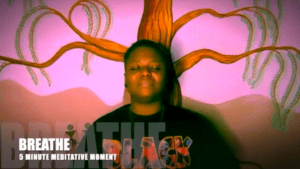
When we treat minorities as having inherent value, we will seek to listen and learn about how we can better serve and represent minorities and their deepest needs. We will ask them, “What perspectives and contributions are we missing?” We will give minorities authority to shape and influence the diversification process. And we will look deeper than cosmetic diversity into realities of pain, power, and the past.
You might notice that the three categories of pain, power, and the past are interconnected. It’s hard to talk about the past for ethnic minorities, for instance, without talking about pain and power. While there are undoubtedly positive memories as well, a large portion of interracial history between ethnic minorities and the majority culture contain memories of pain—whether it’s Native Americans or Latinos being driven from their homeland or betrayed by the breaking of treaties, African Americans working as slaves and property of their white owners, or Asian Americans always feeling like the enemy because of World War II (internment camps), the Korean War, and the Vietnam War. Many of these events involved the exertion of power from the majority culture to subdue or silence those of ethnic minority communities.
Whether we focus on pain, power, or the past, they all speak directly to the minority experience.
Whether we focus on pain, power, or the past, they all speak directly to the minority experience. They all illustrate the emotional realities that have shaped minorities in a way that a cultural training seminar on ethnic differences and customs simply cannot. They go beyond pragmatic goals and tactics to bring light to the underlying dignity of minorities.
Unsurprisingly, these three categories are not new, but reveal the way that God sees minorities as well. We’ve already outlined Moses’ experience seeing his fellow Israelites enslaved by the Egyptians. The book of Exodus shows us how God heard the cries of the Israelites and delivered them to freedom out of Egypt. However, for the next forty years they wandered in the wilderness, frequently facing famine and other hardships.
In many ways, the Israelites were a minority group—not in terms of their numbers, but in their realities of pain, power, and the past. That shaped God’s words to this community as they prepared to enter and finally possess a homeland. He told them:
Be careful that you do not forget the Lord your God, failing to observe his commands, his laws and his decrees that I am giving you this day. Otherwise, when you eat and are satisfied, when you build fine houses and settle down, and when your herds and flocks grow large and your silver and gold increase and all you have is multiplied, then your heart will become proud and you will forget the Lord your God, who brought you out of Egypt, out of the land of slavery. He led you through the vast and dreadful wilderness, that thirsty and waterless land, with its venomous snakes and scorpions. He brought you water out of hard rock. He gave you manna to eat in the wilderness, something your ancestors had never known, to humble and test you so that in the end it might go well with you. You may say to yourself, “My power and the strength of my hands have produced this wealth for me.” But remember the Lord your God, for it is he who gives you the ability to produce wealth, and so confirms his covenant, which he swore to your ancestors, as it is today. (Deuteronomy 8:11‑18)
God’s message to the Israelites can be captured in these three themes:
- Do not forget your pain. You endured thirst, hunger, and illness because I (God) provided for you. I didn’t intend that pain for your harm, but to teach you humility and gratitude.
- Do not forget that you were powerless. You were enslaved and oppressed, and I used my power to deliver you. Remember that it’s not your own power that creates wealth and safety, but those are in my control.
- Finally, do not forget the past. I have been with you from the beginning, and I haven’t forgotten the promises I made to your ancestors. Don’t lose sight of the big picture, of how I am with you throughout the generations and ages—I have not forgotten you.
God understood the experiences of pain, power, and the past as part of the Israelites’ reality—and told them to not forget. Later, he would experience some of these realities himself when he came to earth as Jesus. After all, an issue was given to kill all babies under the age of two years, and Jesus had to flee with his family to Egypt as a refugee. He grew up and began his ministry seeing his fellow Jews oppressed under Roman rule.
Jesus didn’t just experience the impact of pain, power, and the past—he lived it out in his own ministry to people and the world.
Jesus didn’t just experience the impact of pain, power, and the past—he lived it out in his own ministry to people and the world! He saw people who suffered and were the most marginalized. He advocated for the powerless, and empowered his disciples to lead and serve. Jesus never ceased to remind his followers about history, from the words of the prophets to the ancient promises of God.
As we seek to understand the minority experience in the stories that follow, let’s remember that we are not the first to stumble upon these truths and realities—often we need only unlock what is already in the pages of Biblical history. Let us continue to draw from the wisdom of the ages, so that we might see with new eyes!
Adrian Pei is an organizational development consultant and leadership trainer who has worked in two of the largest corporate and ministry organizations in the world. He specializes in speaking and writing about crosscultural dynamics and ethnicity-related topics, and his books include What Really Matters in Leadership? and Facing the Demands of Leadership. Pei served as associate national director of leadership development of Epic Movement, the Asian American ministry of Cru. He and his family live in southern California. This article was adapted from The Minority Experience: Navigating Emotional and Organizational Realities, copyright (c) 2018 by Adrian Pei. Published by InterVarsity Press, Downers Grove, IL. Used with permission.


